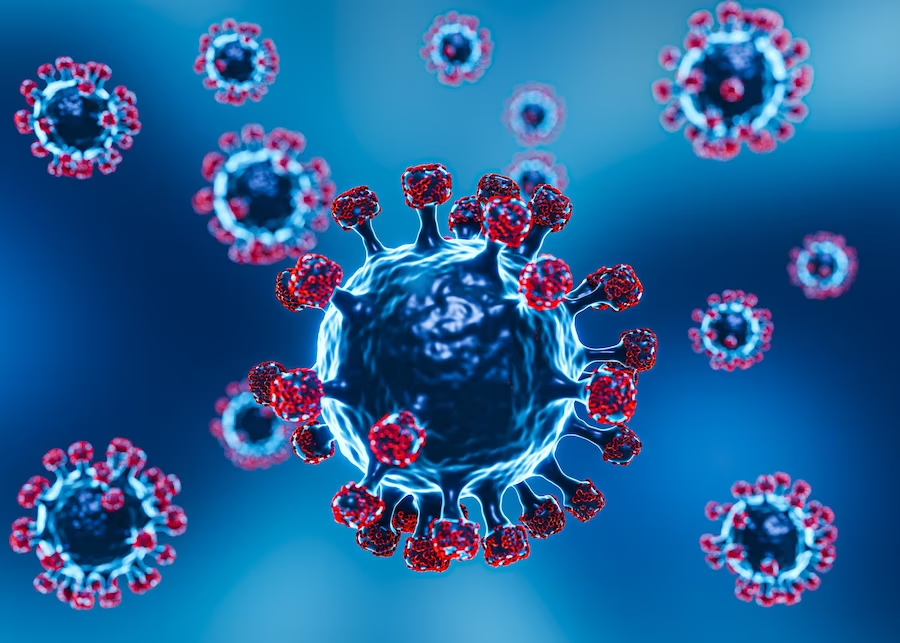Has it ever happened to you that you are happy one moment and then sadness clouds your whole mood? Have you found yourself troubled in different situations for a long time and for a long time? Have you ever had the feeling that you are in depression?

I am asking you these questions because these questions have never been asked to me. I too felt like this for a while and it is not that I am completely out of it but I am a bit better now and understand my mood swings very well.
I am talking about Dysthymia here, which is also known as Persistence Depressive Disorder. I am also going through this disorder and hence want to make you all aware of it.
In this situation, you are not able to enjoy any one activity for a long time. This is the reason why you gradually stop meeting people. Dysthymia is a term you've probably heard about for the first time. If it is depression then why not call it straight depression?

When I asked this question Dr Bhawna Burmi, Senior Psychologist, said, "It is a mood disorder that lasts for 2 years or more. Since it is mild depression and does not have any serious symptoms like depressive disorder, it is called depression." Also called PDD.
How do you know if someone has dysthymia? How does the person going through this feeling and is there any cure for it, if you have these questions in your mind, then you know better than the experts.
What is dysthymia?
Dysthymia, also known as persistent depressive disorder (PDD), is a type of chronic depression that often persists over a long period. In this, the person is constantly in a depressed or low mood and it lasts for a long time. It is different from major depressive disorder. Its symptoms interfere with your daily routine, but dysthymia is a milder form of depression. However, it can also have a significant impact on a person's ability to live and work.
What are its symptoms?
As we told you above, it is a long-lasting mood disturbance. Symptoms include a depressed or low mood most of the day, hopelessness, low energy or fatigue, poor concentration or difficulty making decisions, changes in appetite or weight, insomnia or hypersomnia, low self-esteem, and loss of interest in activities.
Factors of dysthymia-
The exact causes are not fully understood by experts, but genetic, environmental and biological factors may contribute to its development. Some possible causes or risk factors include a family history of depression or other mental illness, trauma or abuse, or a stressful event. Brain chemistry imbalances, such as serotonin or dopamine deficiencies, chronic illness or physical pain, and substance abuse can also cause dysthymia.
It is important to note that PDD or dysthymia can affect any gender, at any age.
What does the person passing through it feel?

A person suffering from dysthymia usually experiences sadness for a long time. It can also make it difficult for them to enjoy activities they once enjoyed. They gradually reduce socializing. Such people are often negative about themselves and can often feel hopeless or hopeless.
As for myself, I am always tired. I don't feel like going anywhere. Even if I make some plans with friends, I cancel them. Overeating, and disturbed sleep, often make it difficult for me to concentrate or make decisions.
In general, the person going through this condition feels trapped in a cycle of sadness, hopelessness, and low energy that they can't get out of on their own. This can lead to feelings of frustration, guilt and shame, which make them reluctant to ask for help. It also becomes difficult for them to talk to others.
What is the treatment for dysthymia?
Dr. Barmi says, “Yes it is a chronic condition, but it can be treated effectively if the right intervention is done by recognizing its symptoms. However, there is no ‘Cure’. With treatment, you can feel a reduction in your symptoms and go on with your life to the fullest.
Its treatment usually involves a combination of medication and psychotherapy. Psychotherapy includes methods such as cognitive-behavioural therapy (CBT), learning skills, challenging negative thought patterns, and developing healthy ways of thinking and behaving.
In addition to medication and psychotherapy, lifestyle changes, such as regular exercise, a healthy diet, and stress-reduction techniques may also help manage symptoms.
With the right support and intervention, it is possible to manage and improve the symptoms of dysthymia and lead a better life. If you feel that these symptoms are in you too, then instead of sitting at home, talk to someone and meet a good therapist.
We talk openly about our health, but where mental illness is mentioned, people remain silent. Paying attention to mental illness should be as important to you as paying attention to other health issues.
On the other hand, if your friend or someone around is often in a bad mood or changes, then instead of making fun of him, talk to him.
We hope this information will be of use to you. Don't ignore mental illness. You should also make more and more people aware of this. Similarly, we will keep writing expert best articles to spread awareness about mental health.
Image credit: freepik










